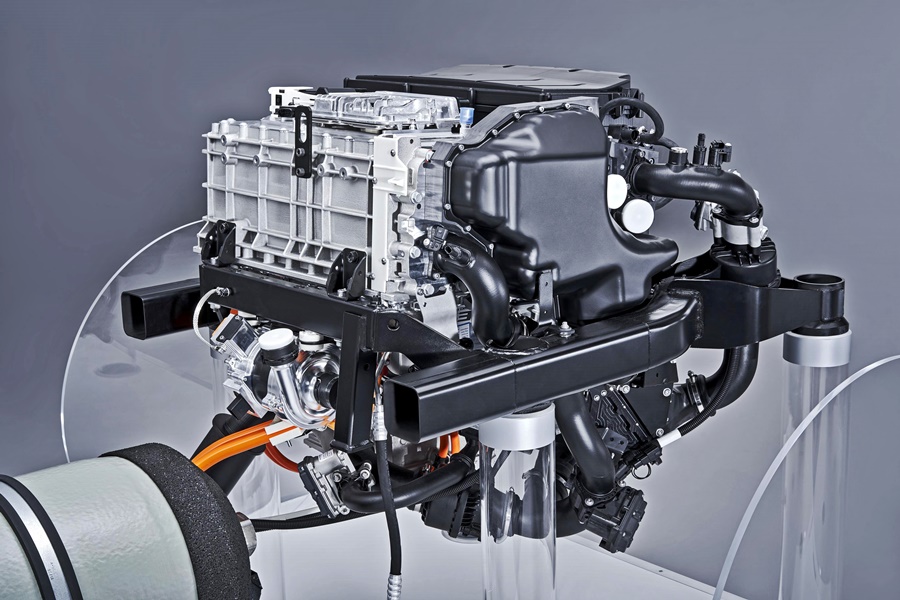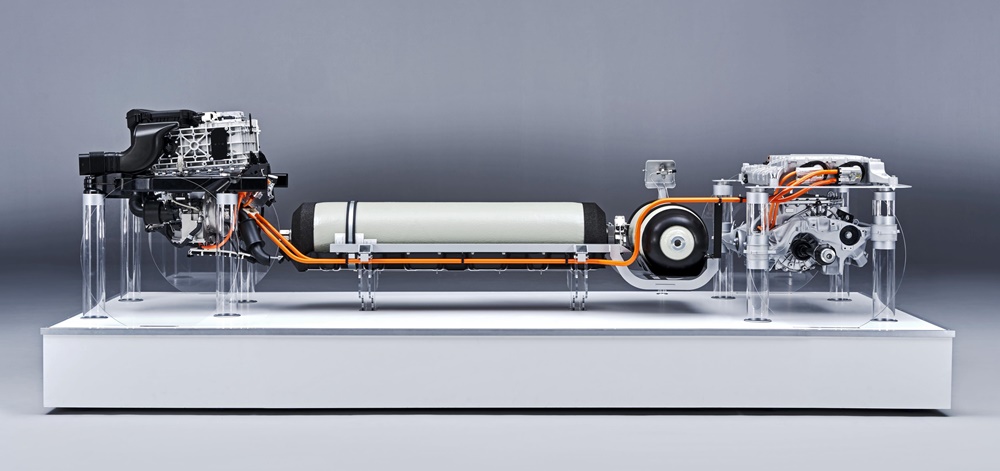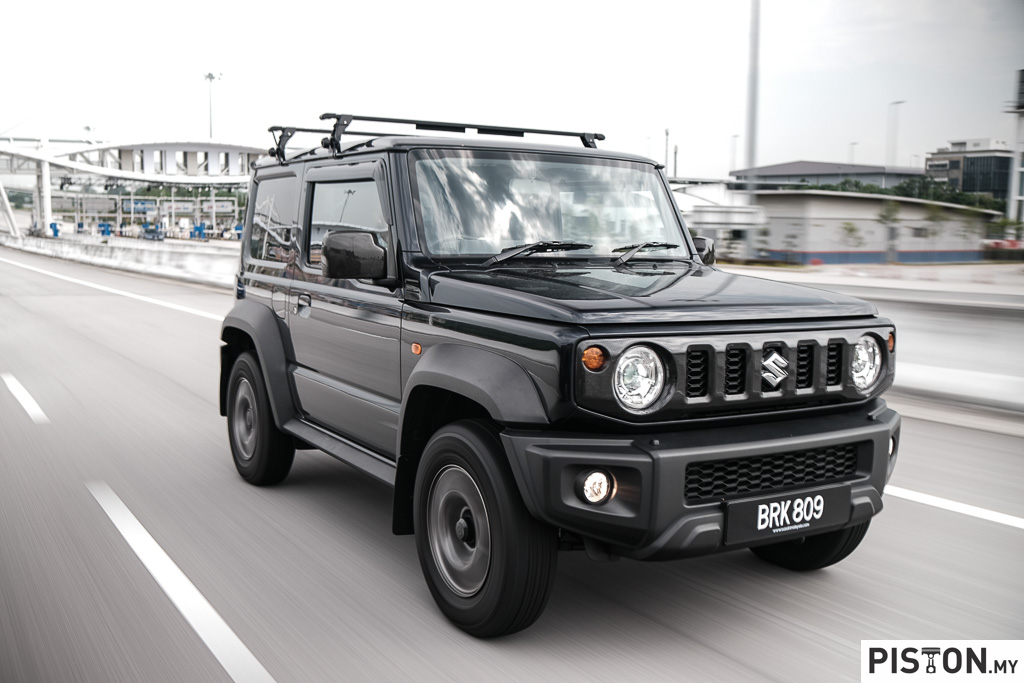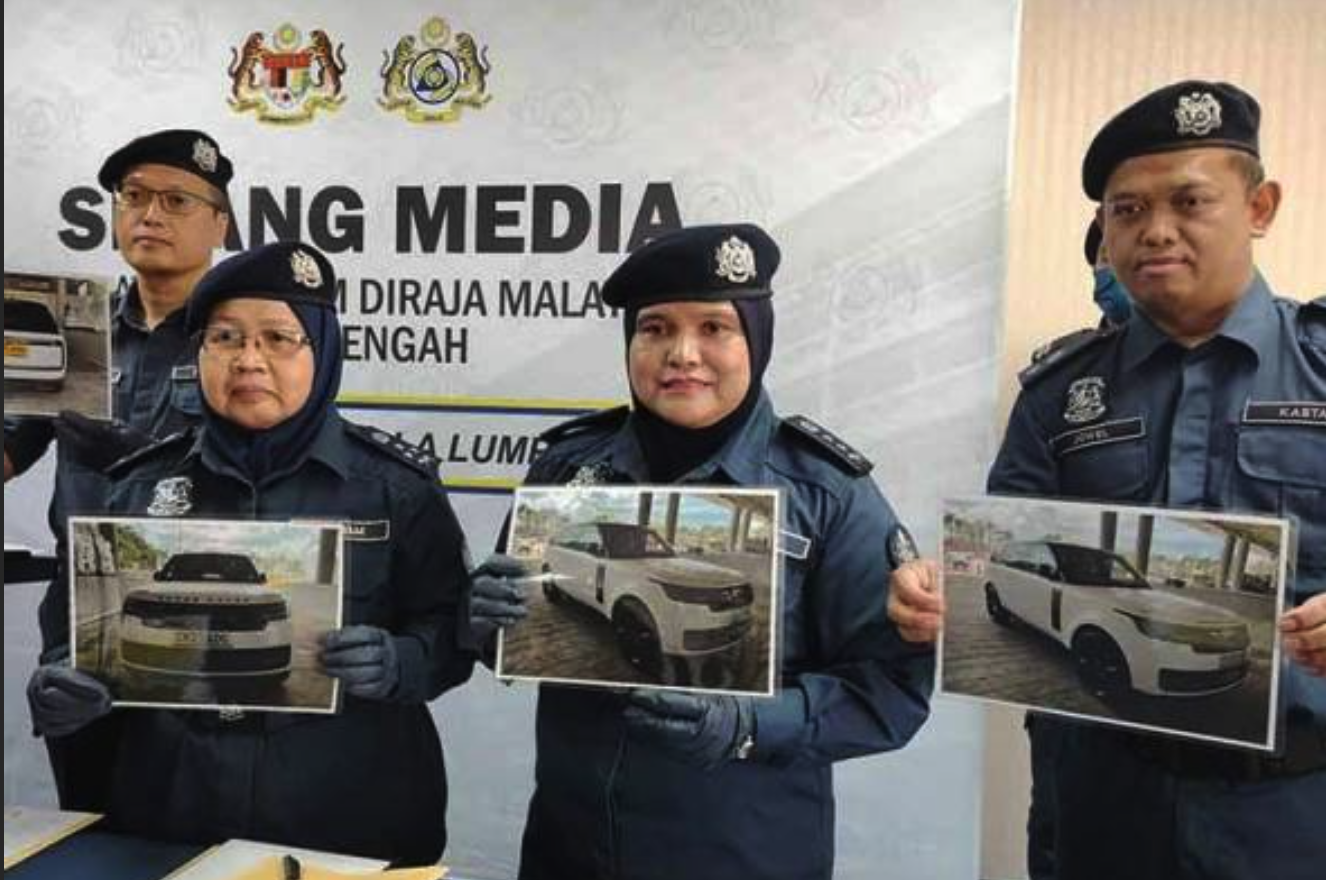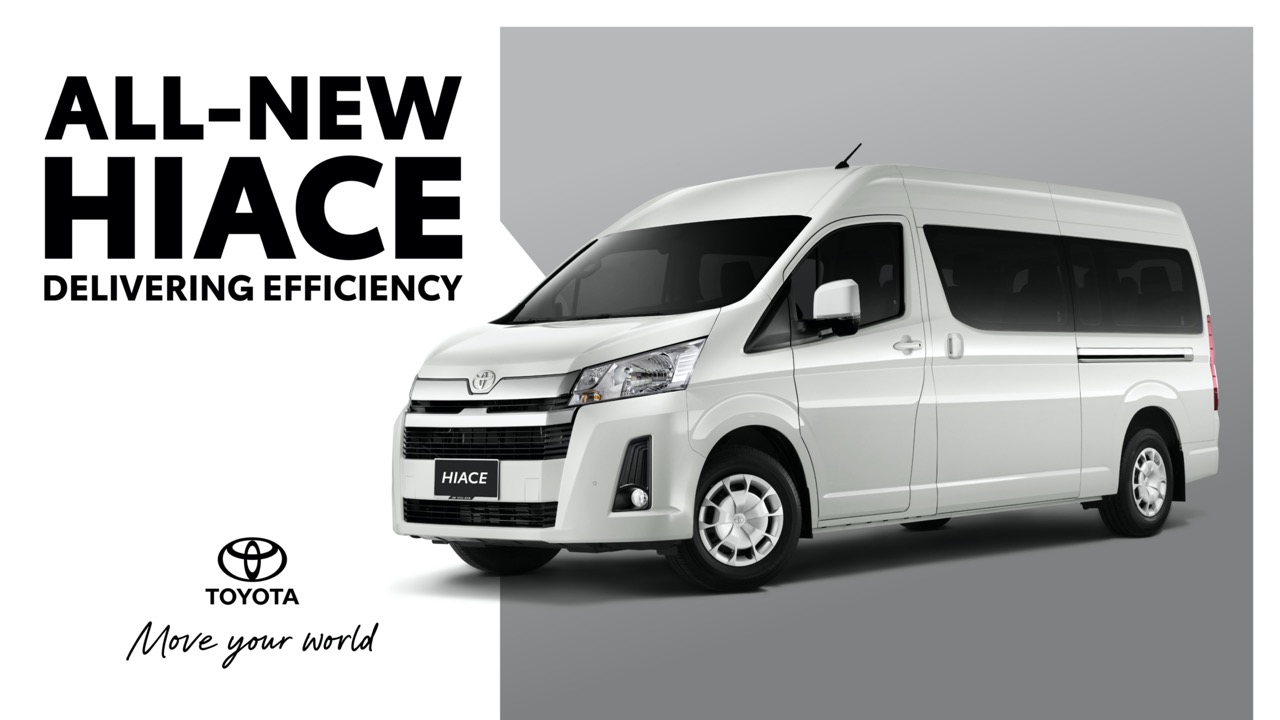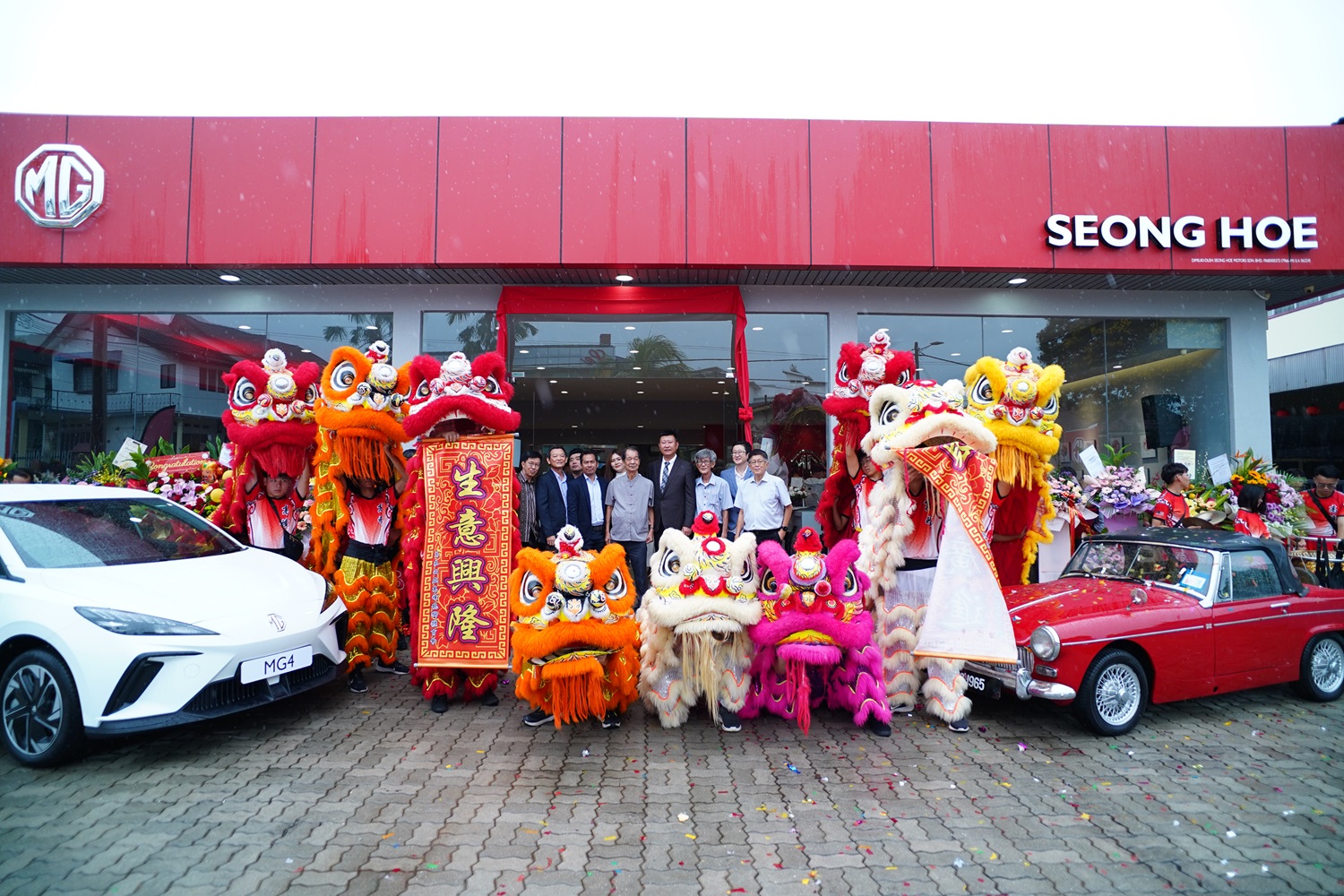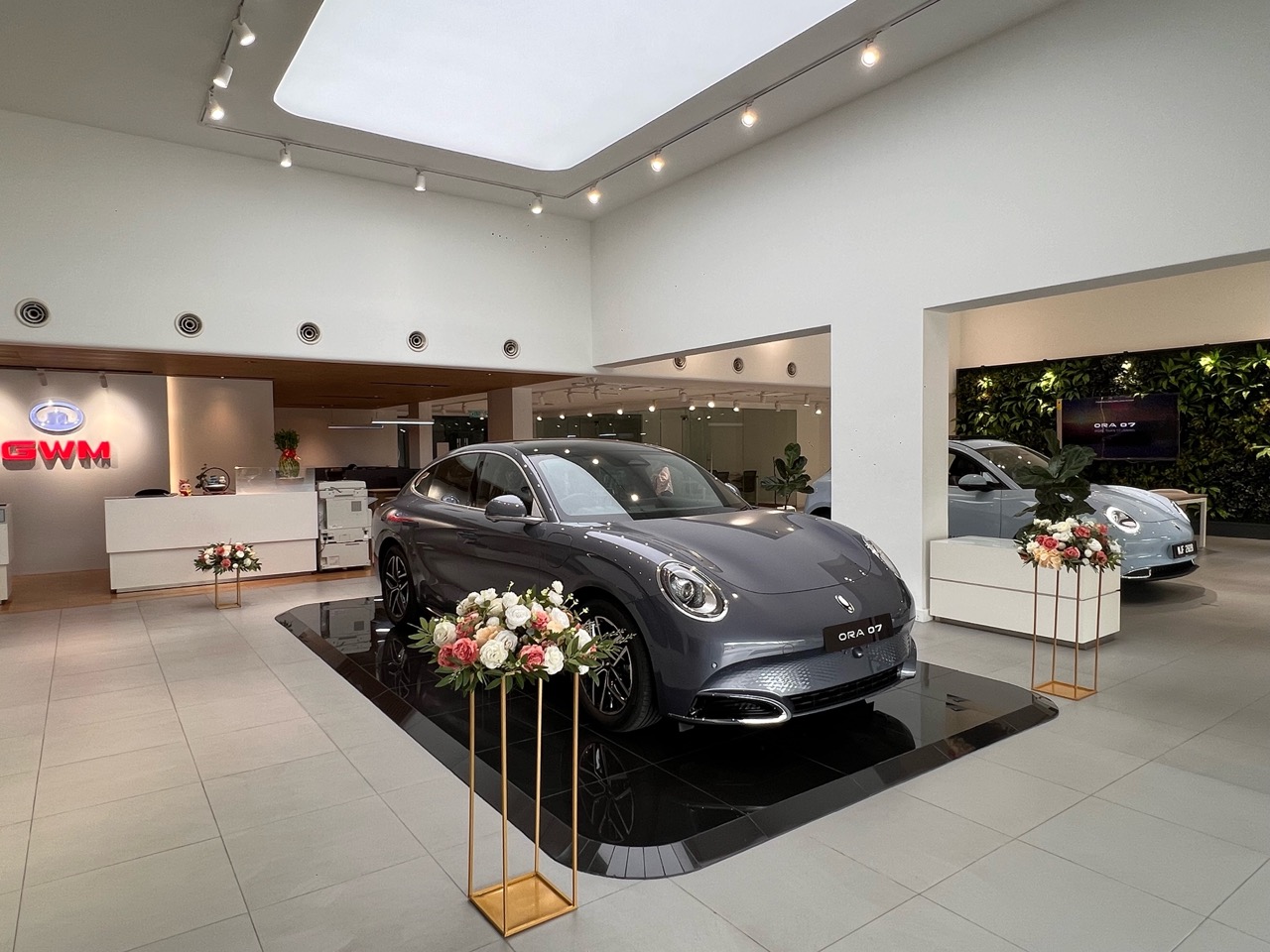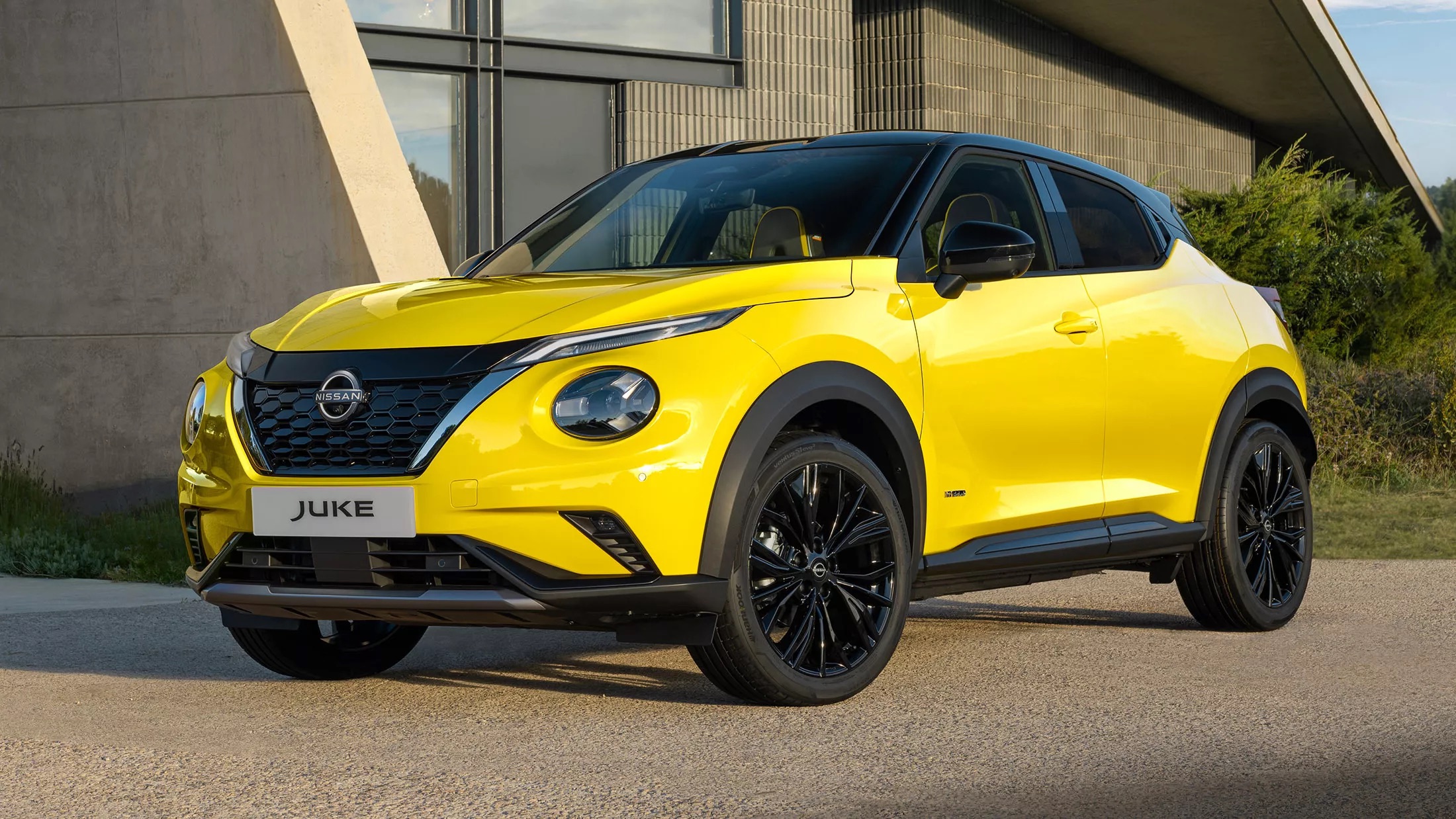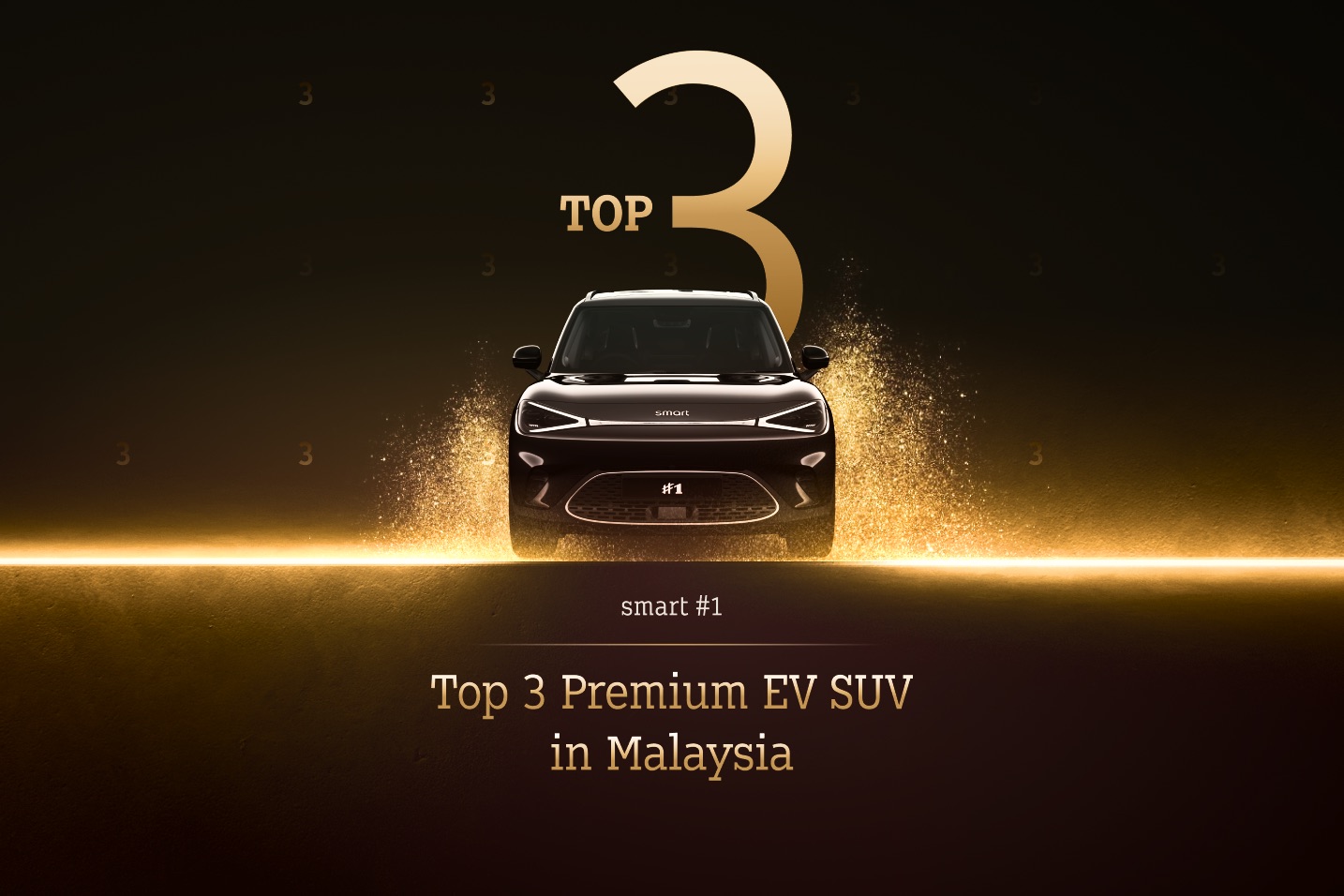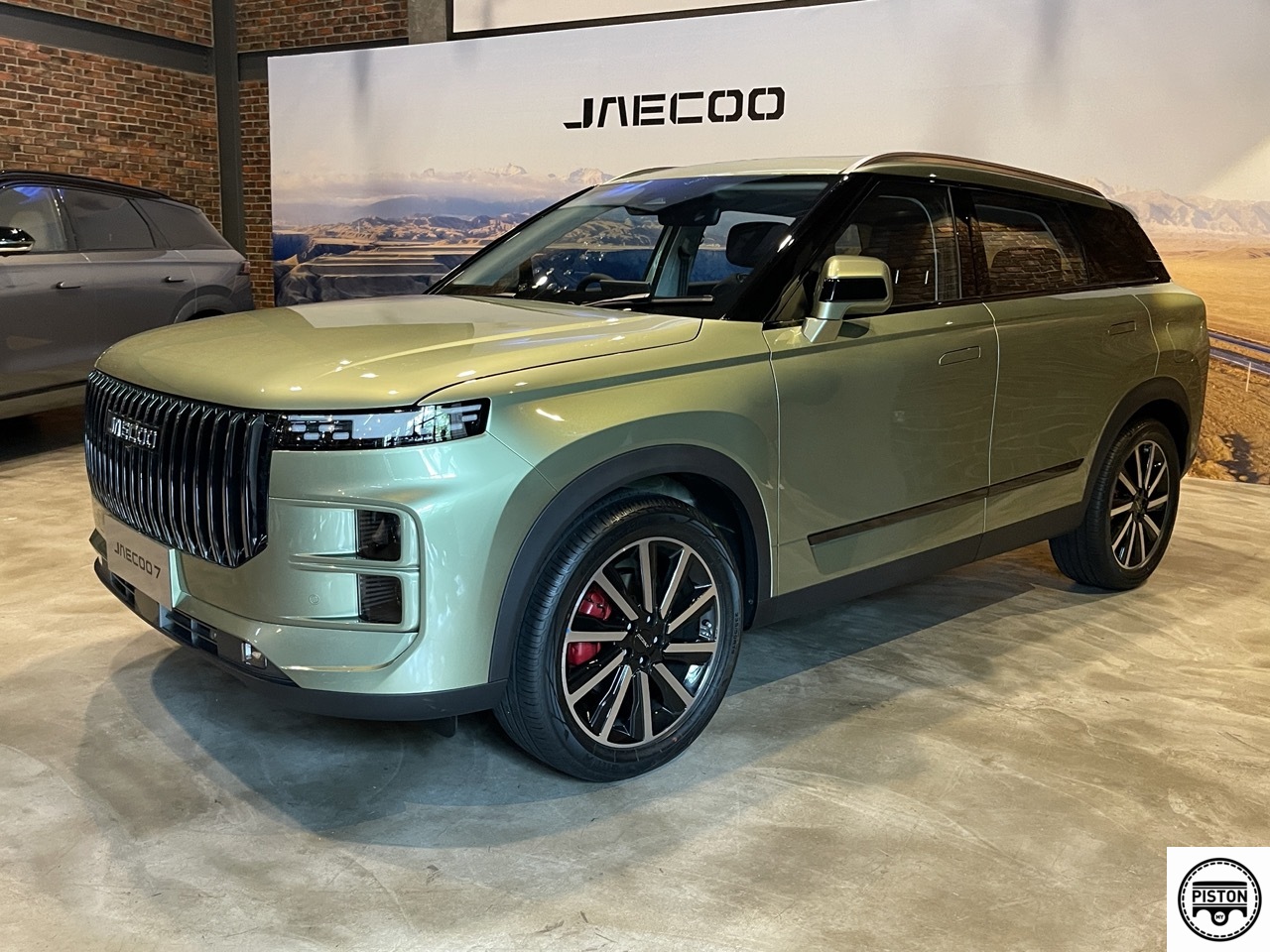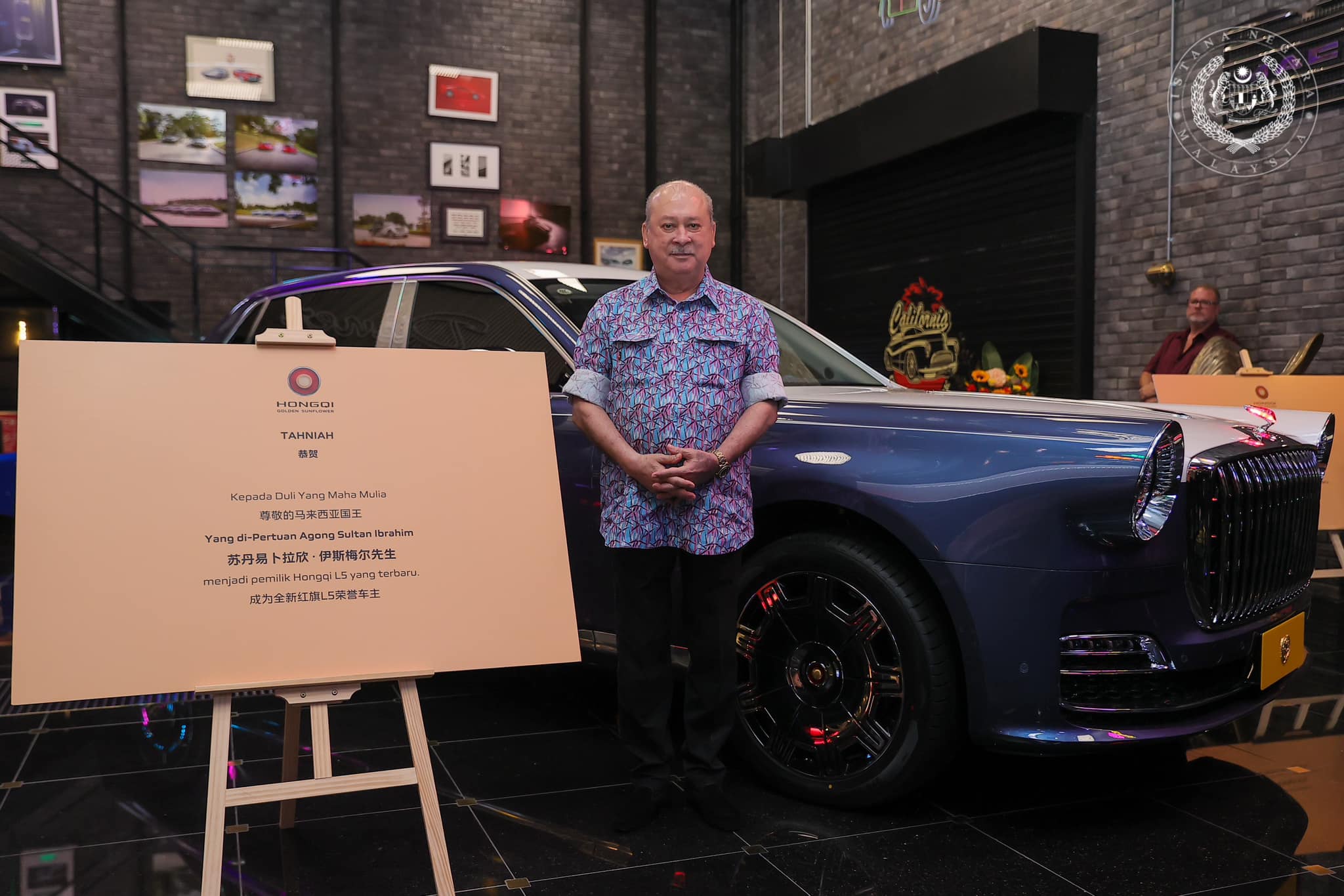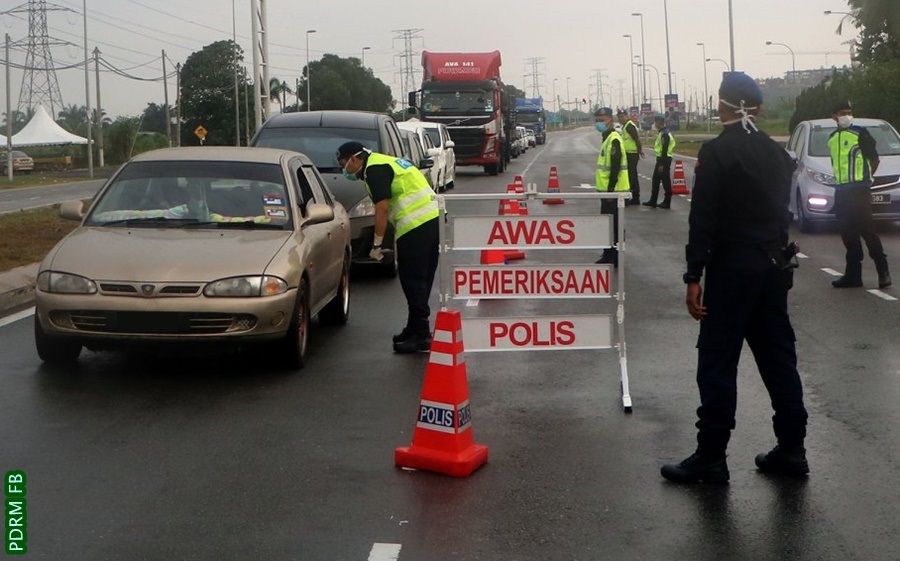Besides collaborating on the BMWZ4 and Toyota Supra, the BMW Group and Toyota have been working together on fuel cell technology. As Toyota has already commercialised a fuel cell vehicle (the Mirai), it can offer a good deal of knowledge and information to developing the alternative powertrain technology.
“We are convinced that various alternative powertrain systems will exist alongside one another in future, as there is no single solution that addresses the full spectrum of customers’ mobility requirements worldwide. The hydrogen fuel cell technology could quite feasibly become the fourth pillar of our powertrain portfolio in the long term. The upper-end models in our extremely popular X family would make particularly suitable candidates here,” said Klaus Frohlich, Member of the Board of Management of BMW AG, Research and Development.
The BMW Group has been working with Toyota on fuel cell technology since 2013. Now it can offer the first virtual insights into the powertrain system for the BMW i Hydrogen NEXT.
Future prospects
Although the BMW Group has no doubt as to the long-term potential of fuel cell powertrain systems, it will be some time before the company offers its customers a production car powered by hydrogen fuel cell technology. This is primarily due to the fact that the right framework conditions are not yet in place.
“In our view, hydrogen as energy carrier must first be produced in sufficient quantities at a competitive price using green electricity. Hydrogen will then be used primarily in applications that cannot be directly electrified, such as long-distance heavy-duty transport,” said Frohlich.
The requisite infrastructure, such as an extensive Europe-wide network of hydrogen filling stations, is also lacking at present. However, the BMW Group is pressing ahead with its development work in the field of hydrogen fuel cell technology. The company is using the time until the infrastructure and sustainably produced hydrogen supply are in place to substantially reduce the cost of manufacturing the powertrain system.
Initial technical details
The fuel cell system for the powertrain for the BMW i Hydrogen NEXT generates up to 125 kW (170 bhp) of electric energy from the chemical reaction between hydrogen and oxygen from the ambient air. The vehicle emits nothing but water vapour. The electric converter located underneath the fuel cell adapts the voltage level to that of both the electric powertrain and the peak power battery, which is fed by brake energy as well as the energy from the fuel cell.
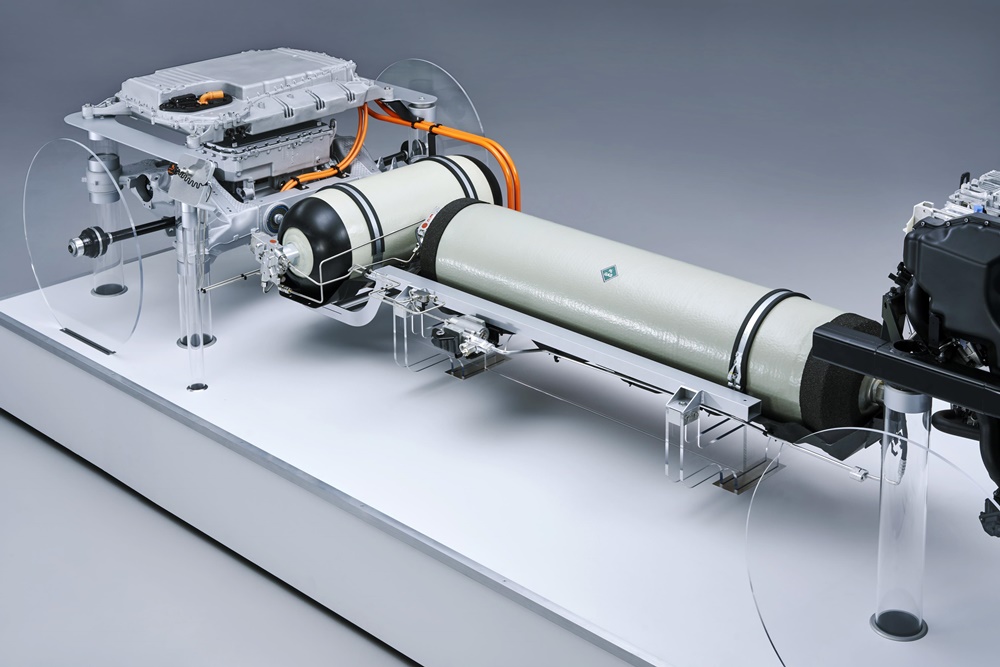
The vehicle also accommodates a pair of tanks that can together hold 6 kgs of hydrogen. Refuelling only takes 3 to 4 minutes and the capacity of the tanks gives a long range of travel.
The fifth-generation eDrive unit set to make its debut in the BMW iX3 is also fully integrated into the BMW i Hydrogen NEXT. This hydrogen fuel cell electric powertrain will go through a pilot run in a small batch of SUVs based on the current BMW X5 that the BMW Group plans to present in 2022. However, volume production with hydrogen fuel cell technology will only start in the second half of this decade, at the earliest. That too will depend on the global market conditions and requirements.
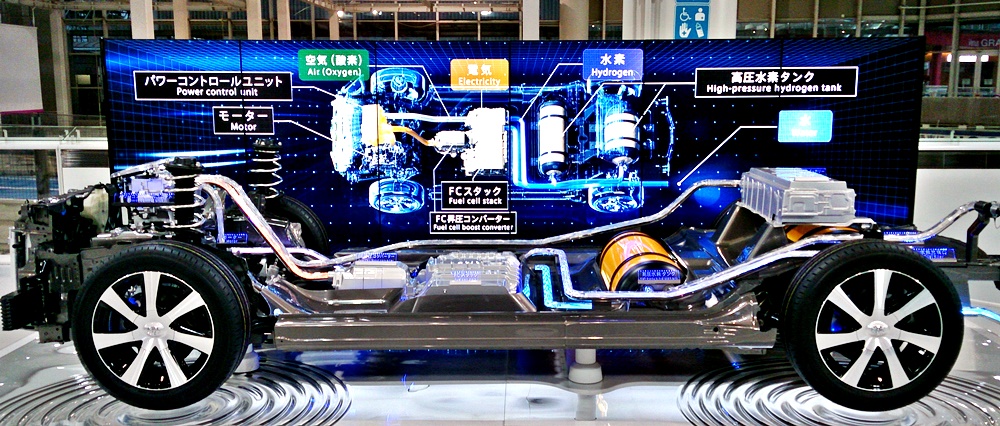
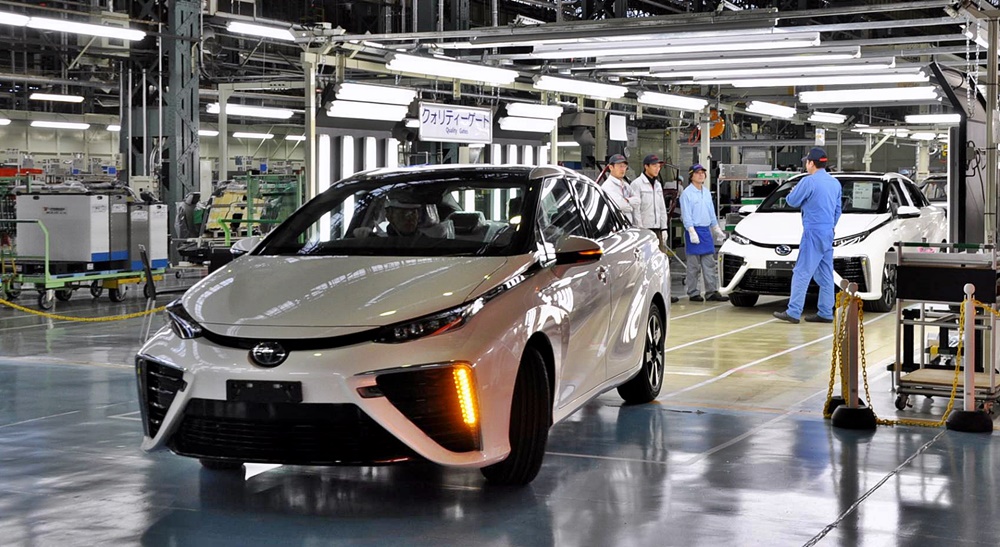
Collaboration with Toyota
Besides partnering with the Japanese carmaker on the development and industrialisation of fuel cell technology for the mass market, the two companies are also founding members of the Hydrogen Council. A wealth of other leading companies in the energy, transport and industrial sectors have joined the Hydrogen Council since 2017, swelling its ranks to over 80 members. The BMW Group’s participation in the research project BRYSON (a German acronym for ‘space-efficient hydrogen storage tanks with optimised usability’) underlines its faith in the future viability and potential of hydrogen fuel cell technology.
Toyota to start selling second generation of Mirai hydrogen fuel-cell vehicle in late 2020


